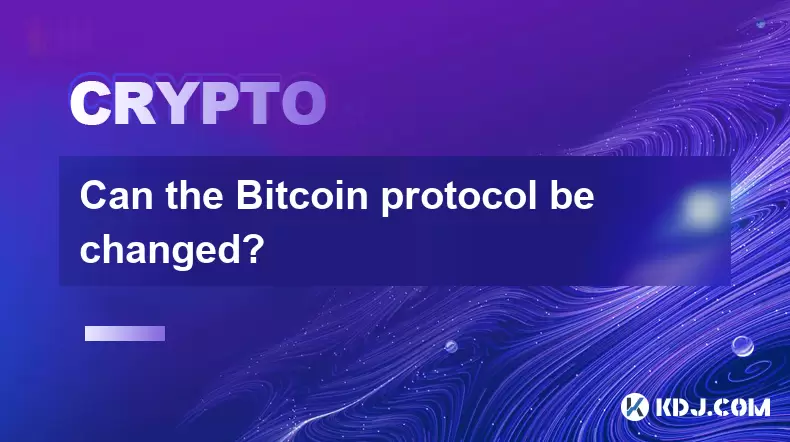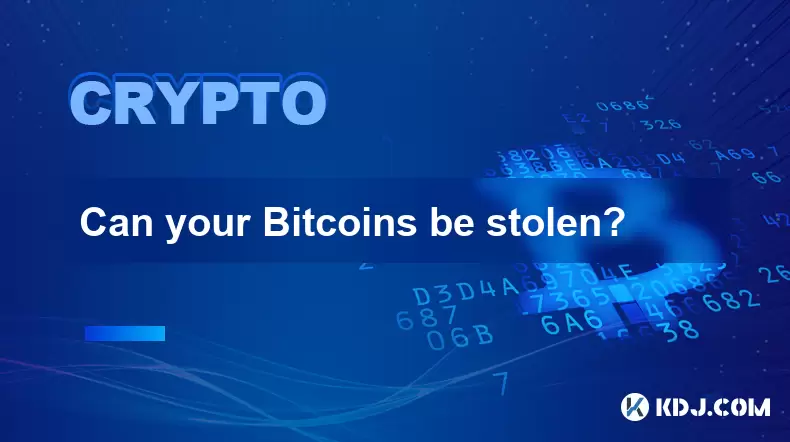-
 Bitcoin
Bitcoin $116200
1.84% -
 Ethereum
Ethereum $3841
6.86% -
 XRP
XRP $3.070
4.25% -
 Tether USDt
Tether USDt $1.000
0.02% -
 BNB
BNB $774.4
1.72% -
 Solana
Solana $172.3
5.17% -
 USDC
USDC $0.9999
0.01% -
 Dogecoin
Dogecoin $0.2136
6.85% -
 TRON
TRON $0.3391
1.21% -
 Cardano
Cardano $0.7667
5.76% -
 Hyperliquid
Hyperliquid $39.10
4.30% -
 Sui
Sui $3.724
9.37% -
 Stellar
Stellar $0.4139
5.86% -
 Chainlink
Chainlink $17.35
6.09% -
 Bitcoin Cash
Bitcoin Cash $573.7
2.52% -
 Hedera
Hedera $0.2518
5.39% -
 Ethena USDe
Ethena USDe $1.001
0.02% -
 Avalanche
Avalanche $22.68
3.57% -
 Litecoin
Litecoin $120.4
3.89% -
 UNUS SED LEO
UNUS SED LEO $8.951
-0.40% -
 Toncoin
Toncoin $3.312
4.62% -
 Shiba Inu
Shiba Inu $0.00001263
4.23% -
 Uniswap
Uniswap $10.14
6.89% -
 Polkadot
Polkadot $3.778
5.04% -
 Dai
Dai $1.000
0.01% -
 Monero
Monero $276.9
-4.52% -
 Bitget Token
Bitget Token $4.394
1.57% -
 Cronos
Cronos $0.1475
6.05% -
 Pepe
Pepe $0.00001081
5.27% -
 Aave
Aave $274.5
7.59%
can bitcoin protocol be changed
Despite its immutable nature, Bitcoin's protocol can be altered through consensus-driven forks, ensuring that changes align with the community's collective interests and maintain the network's stability.
Oct 14, 2024 at 02:11 pm

Can the Bitcoin Protocol Be Changed?
1. Bitcoin's Immutable Nature
Bitcoin's decentralized and immutable nature is one of its defining features. The transaction record is permanently etched into the blockchain, making it virtually impossible to alter or reverse transactions.
2. Consensus Mechanism
Any proposed changes to the Bitcoin protocol must gain consensus from the majority of network participants, including miners, developers, and users. This ensures that changes align with the community's collective interests.
3. Forking Mechanism
If a consensus cannot be reached, a "fork" may occur, where the blockchain splits into two separate chains. The original chain continues as-is, while the new fork operates with the modified rules.
4. Soft Forks
Soft forks are backward-compatible changes that allow older nodes to operate on the updated network without modification. Most soft forks focus on minor improvements or bug fixes.
5. Hard Forks
Hard forks are non-backward-compatible changes that require all nodes to upgrade to the new software. These forks can introduce significant changes to the protocol, such as new features or bug fixes.
6. Governance Model
Bitcoin's decentralized governance model means that there is no single entity with the authority to make unilateral changes. Instead, changes must be proposed, debated, and adopted through community consensus.
7. Limited Flexibility
While the Bitcoin protocol can be modified through forks, the process is slow and challenging. This inherent inflexibility helps maintain the network's security and stability.
Conclusion
The Bitcoin protocol can be changed, but only through a consensus-driven process that requires significant community support. This decentralized governance model ensures that changes are made carefully and in the best interests of the network. However, the process is complex and limited in flexibility, preserving Bitcoin's immutable and secure foundation.
Disclaimer:info@kdj.com
The information provided is not trading advice. kdj.com does not assume any responsibility for any investments made based on the information provided in this article. Cryptocurrencies are highly volatile and it is highly recommended that you invest with caution after thorough research!
If you believe that the content used on this website infringes your copyright, please contact us immediately (info@kdj.com) and we will delete it promptly.
- Ollama Turbo & GPT-OSS: Revolutionizing AI Model Accessibility and Speed
- 2025-08-07 20:29:33
- Bitcoin Ordinals: NFTs Evolving Bitcoin or a Fleeting Fad?
- 2025-08-07 20:29:33
- BlockchainFX, Bitcoin Swift, Crypto Presales: What's the Hype?
- 2025-08-07 19:10:13
- Pepe Dollar (PEPD) vs. SPX6900: The Meme Coin Battle of 2025
- 2025-08-07 19:50:12
- XRP Investment Regret: Are You Missing Out on the Next Big Thing?
- 2025-08-07 19:50:12
- XRPINU: More Than Just a Meme? Roadmap, Liquidity, and the Future of Funny Money
- 2025-08-07 19:56:46
Related knowledge

Can the Bitcoin protocol be changed?
Aug 07,2025 at 01:16pm
Understanding the Bitcoin ProtocolThe Bitcoin protocol is the foundational set of rules that govern how the Bitcoin network operates. It defines every...

What are some common misconceptions about Bitcoin?
Aug 07,2025 at 07:22pm
Bitcoin is Just Like Regular MoneyA widespread misconception is that Bitcoin functions identically to traditional fiat currencies like the US dollar o...

How does Bitcoin handle scalability issues?
Aug 07,2025 at 10:54am
Understanding Bitcoin’s Scalability ChallengeBitcoin’s design prioritizes decentralization, security, and immutability, but these principles come with...

Do you need to understand technology to use Bitcoin?
Aug 07,2025 at 06:17am
Understanding the Basics of BitcoinTo engage with Bitcoin, one does not need a deep understanding of the underlying technology, much like how individu...

Can your Bitcoins be stolen?
Aug 07,2025 at 03:28am
Understanding the Security of Bitcoin OwnershipThe decentralized nature of Bitcoin means that no central authority controls the network, placing the r...

What happens if you lose your Bitcoin wallet?
Aug 07,2025 at 08:28pm
Understanding Bitcoin Wallets and Private KeysA Bitcoin wallet is not a physical container but a software program that stores private keys, which are ...

Can the Bitcoin protocol be changed?
Aug 07,2025 at 01:16pm
Understanding the Bitcoin ProtocolThe Bitcoin protocol is the foundational set of rules that govern how the Bitcoin network operates. It defines every...

What are some common misconceptions about Bitcoin?
Aug 07,2025 at 07:22pm
Bitcoin is Just Like Regular MoneyA widespread misconception is that Bitcoin functions identically to traditional fiat currencies like the US dollar o...

How does Bitcoin handle scalability issues?
Aug 07,2025 at 10:54am
Understanding Bitcoin’s Scalability ChallengeBitcoin’s design prioritizes decentralization, security, and immutability, but these principles come with...

Do you need to understand technology to use Bitcoin?
Aug 07,2025 at 06:17am
Understanding the Basics of BitcoinTo engage with Bitcoin, one does not need a deep understanding of the underlying technology, much like how individu...

Can your Bitcoins be stolen?
Aug 07,2025 at 03:28am
Understanding the Security of Bitcoin OwnershipThe decentralized nature of Bitcoin means that no central authority controls the network, placing the r...

What happens if you lose your Bitcoin wallet?
Aug 07,2025 at 08:28pm
Understanding Bitcoin Wallets and Private KeysA Bitcoin wallet is not a physical container but a software program that stores private keys, which are ...
See all articles

























































































